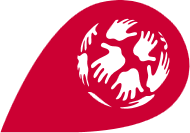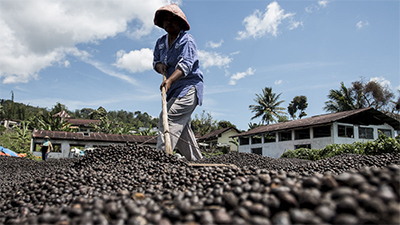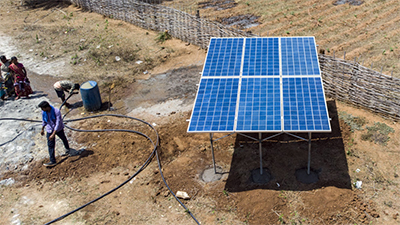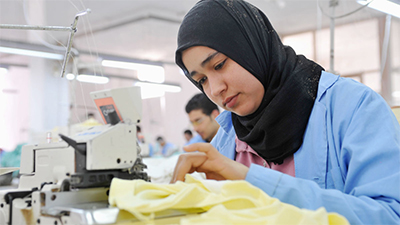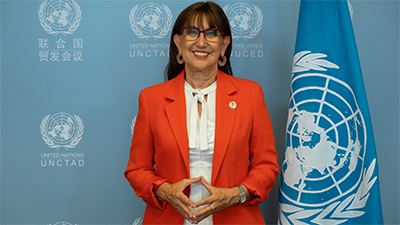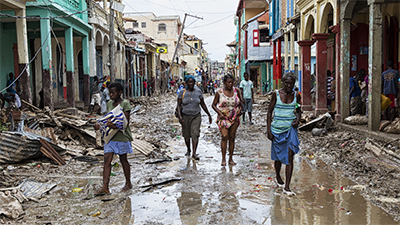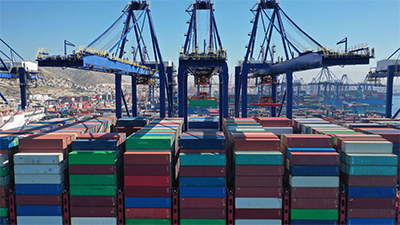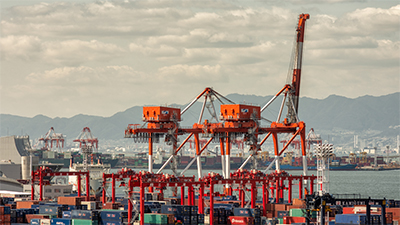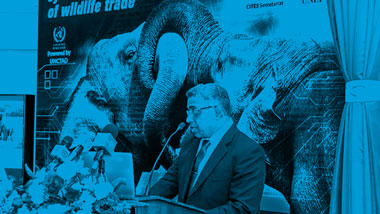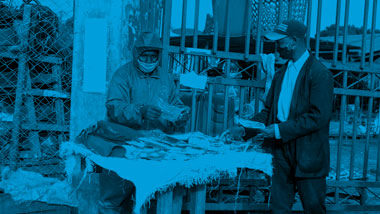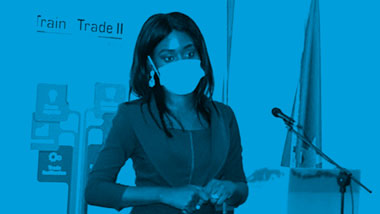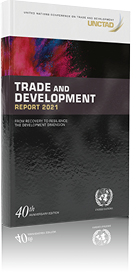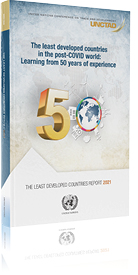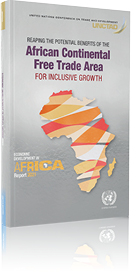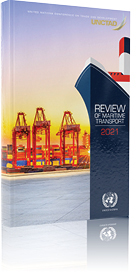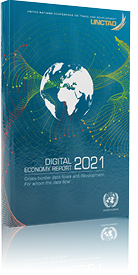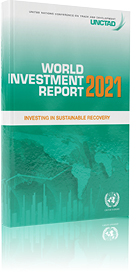Annual report 2021
Foreword
There are moments in history that divide time in before and after. They confront us with the hard truths about ourselves and the world we have built. COVID-19 is one of these moments.
The pandemic has exposed the cracks and limits of our development path, including the glaring inequalities we have for too long tolerated. This crisis comes on top of the imminent threat of climate change and environmental degradation, and a digital revolution which has left many behind.
It is at these moments where the difference between before and after depends critically on our actions. Thus, in 2021, UNCTAD worked relentlessly to support its member States to unleash the power of trade, investment, finance and technology to foster an inclusive and sustainable recovery and future. We provided timely research and policy options to counter the crisis, increase development finance, promote a transformative approach to climate adaptation, close the digital divide and build productive capacity. We were on the ground to reduce the adverse effects of the crisis. For example, trade facilitation thanks to ASYCUDA kept trade flowing, ships moving and people safe. And we offered a forum where member States could debate ideas and share experiences.
Despite the pandemic, we successfully held UNCTAD15 with Barbados - the first time a small island developing state hosted the UN’s global trade meeting. To match the scale of the moment, member States gave us a strong mandate: The Bridgetown Covenant.
I was honoured to join UNCTAD as its first woman Secretary-General at such a crucial moment. I will lead bold actions towards recovery, and calls for tackling the uneven access to vaccines, the debt crisis, the climate emergency and gender inequality. We know, where there is inequality, there is fragility, and we cannot afford another lost decade for the developing world.
There is only one way to face the ongoing challenges: together. We continue joining forces with multiple partners and members of the UN family to maximize our ability to deliver.
There are signs of recovery, but the recovery is uneven and insufficient. This report highlights the best of UNCTAD efforts to ensure that we do not go back to the world of before, but to an after that is faithful to our institutional creed: prosperity for all.
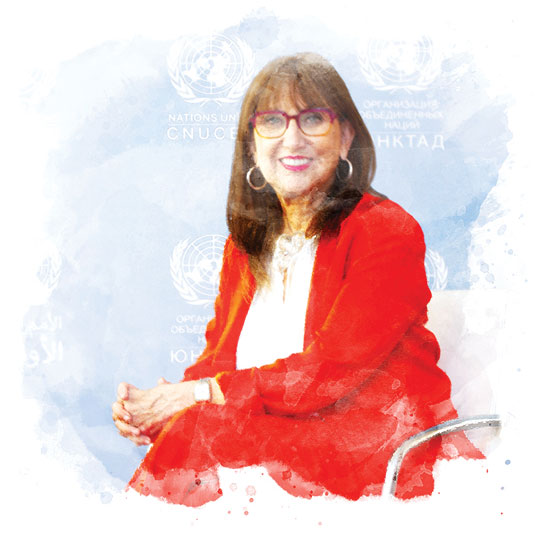

Rebeca Grynspan
Secretary-General
United Nations Conference on Trade and Development
UNCTAD's main objective
To assist developing countries, especially the least developed countries and countries with economies in transition, to integrate beneficially into the global economy in support of inclusive and sustainable growth and development.
Through its work to promote development-centred globalization, UNCTAD will help to implement the global development agenda and will assist developing countries in meeting their development goals, including poverty eradication, improving the well-being of citizens and addressing the opportunities and challenges created by globalization. In particular, UNCTAD will further enhance its efforts to support the development of Africa across its areas of expertise.
Objectives of our five subprogrammes
15th quadrennial conference
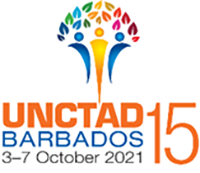
UNCTAD's historic 15th quadrennial conference (UNCTAD15) held under the theme “From inequality and vulnerability to prosperity for all” and hosted by Barbados in October adopted a strong declaration to promote inclusive and resilient economic recovery in developing countries.
Throughout the five-day conference opened by UN Secretary-General António Guterres, alongside Barbadian Prime Minister Mia Amor Mottley, Kenyan President Uhuru Kenyatta and UNCTAD Secretary-General Rebeca Grynspan, world leaders, economists and heads of UN agencies and global financial institutions called for a new development model, with socioeconomic transformation and sustainability at its centre.
UNCTAD’s 195 member States adopted the Bridgetown Covenant, which outlines a roadmap for transforming economies through economic diversification; addressing unsustainable debt burdens in developing countries; making economies more sustainable and resilient; improving how development is financed; and reimaging how multilateralism will function in the future.
For the first time in history, women steered the conference, with Secretary-General Grynspan as head of UNCTAD and Prime Minister Mottley as president of UNCTAD15.
It was also the first time that the UN’s key global conference on trade and development took place in a small island developing state, in a virtual format with events in Barbados, Geneva and 16 developing countries. About 5,300 participants connected from more than 140 countries.
World Investment Forum
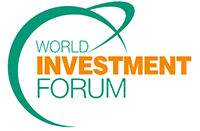
The 7th World Investment Forum, the largest global platform for investment and development, took place in October under the theme "Investing in sustainable recovery". The forum tackled issues arising from the new industrial revolution, the sustainability imperative, the realignment of economic governance and efforts for greater economic resilience.
Organized in partnership with more than 80 international and regional entities, the forum featured about 100 high-profile events, including the world leaders investment summits, ministerial round tables, prestigious UN award ceremonies, as well as the launching of global initiatives for investment in development.
UNCTAD research shows that the COVID-19 pandemic has reversed the achievements made between 2015 and 2019 in terms of investment in the goals. To get the UN Sustainable Development Goals (SDGs) back on track, the world requires more investment into SDG sectors, particularly in developing countries, to generate sustainable impact.
Year in review
Selected results
Major reports issued in 2021
Trade and Development Report
In the second part of the report, UNCTAD called for a transformative approach to climate adaptation, with green industrial policies to drive growth and job creation along more resilient and greener value chains. In the first part, UNCTAD forecast that the global economy would grow by 5.3% - the fastest in nearly 50 years - with the help of policy interventions and vaccine roll-out in advance economies. The recovery, however, looked uneven across geographical, income and sectoral lines.
The Least Developed Countries Report
The year 2021 marked 50 years of the establishment of the least developed countries (LDCs) category, which currently comprises 46 nations. The report warned that due to the COVID-19 pandemic, LDCs saw the worst growth performance in three decades on key development dimensions regarding poverty, education, nutrition and health. It underscored the urgency of boosting productive capacities in LDCs to help them respond to, and recover from, the pandemic and advance towards sustainable development.
Economic Develpment in Africa Report
The report entitled "Reaping the Potential Benefits of the African Continental Free Trade Area (AfCFTA) for Inclusive Growth" said the AfCFTA can deliver considerable inclusive economic growth for the continent, but needs measures to boost productivity and expand opportunities. Economic growth can only be inclusive if it reduces both poverty and inequality. The report outlined the actions required to support inclusive economic growth on the continent.
Review of Maritime Transport
With over 80% of the volume of international trade in goods carried by sea, UNCTAD warned that high freight rates threaten the recovery of the global economy from the COVID-19 crisis. The report predicted that the current surge in container freight rates, if sustained, could increase global import price levels by 11% and consumer price levels by 1.5% by 2023. The report flagged the urgent need to unblock supply chain disruptions, as well as address port constraints and terminal inefficiencies.
Digital Economy Report
UNCTAD called on countries to make digital data flow for the benefit of all and urged a new global governance approach as the data-driven digital economy continues to surge, with global internet protocol traffic - a proxy for data flows - forecast to more than triple between 2017 and 2022. The report warned that power imbalances and inequalities among countries and platforms could stall the growing digital economy as major digital giants reinforce their dominance in the global data value chain.
World Investment Report
The report showed that global investment flows plunged globally by 35% in 2020, to $1 trillion from $1.5 trillion the previous year. Lockdowns caused by the COVID-19 pandemic around the world slowed down existing investment projects, and the prospects of a recession led multinational enterprises to reassess new projects. The fall was heavily skewed towards developed economies, where foreign direct investment fell by 58%, in part due to corporate restructuring and intrafirm financial flows.
Our Donors and Contributors
TOTAL VOLUNTARY CONTRIBUTIONS
IN 2021


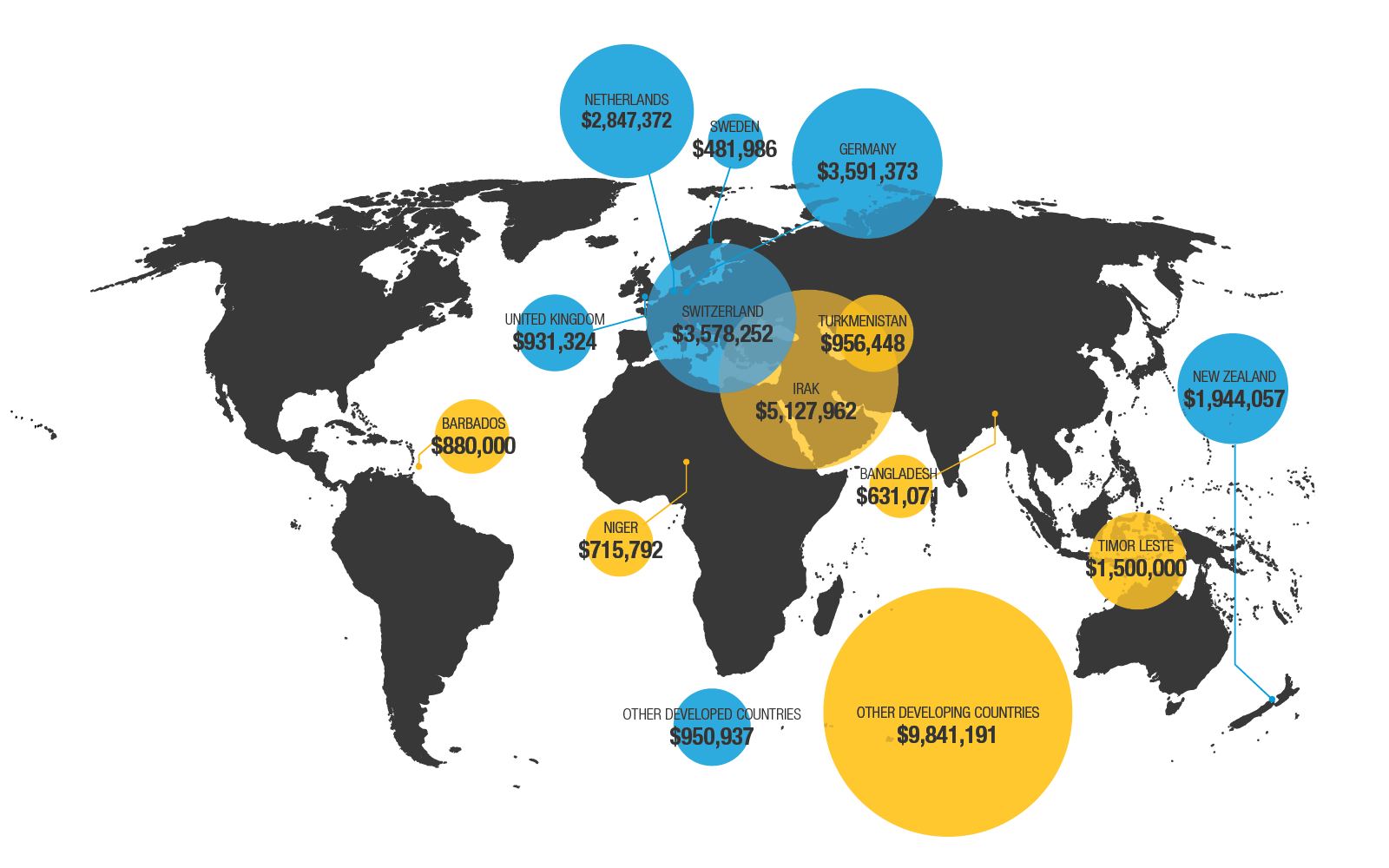
Impact stories
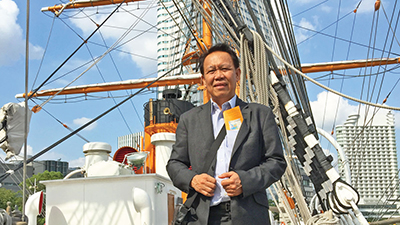
Training upskills port management professionals
UNCTAD’s TrainForTrade programme boosts the skills of port management practitioners and prepares them to tackle shocks and emerging challenges.
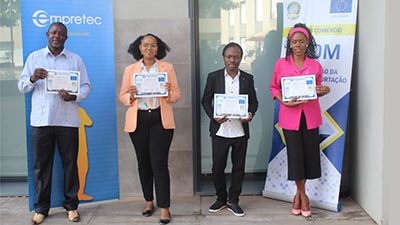
Putting down long-term roots in Angola’s entrepreneurial ecosystem
A national trainer programme is increasing the local ownership and sustainability of an EU-funded UNCTAD project in the southern African nation.

Bhutan's entrepreneurs can now open a business in under a minute
A new government platform using UNCTAD's online single window technology powers business registration in record time, supporting livelihoods during the COVID-19 crisis.
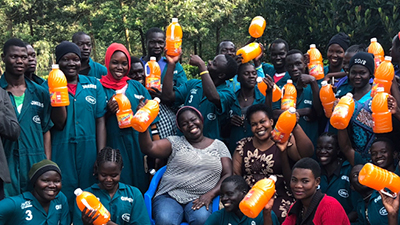
Prize-winning Ugandan woman entrepreneur grows juice business, improves community
A finalist of UNCTAD’s award for women in business gets $10 million from her government to build a fresh juice factory that will promote sustainable agriculture and improve livelihoods.
Partnerships
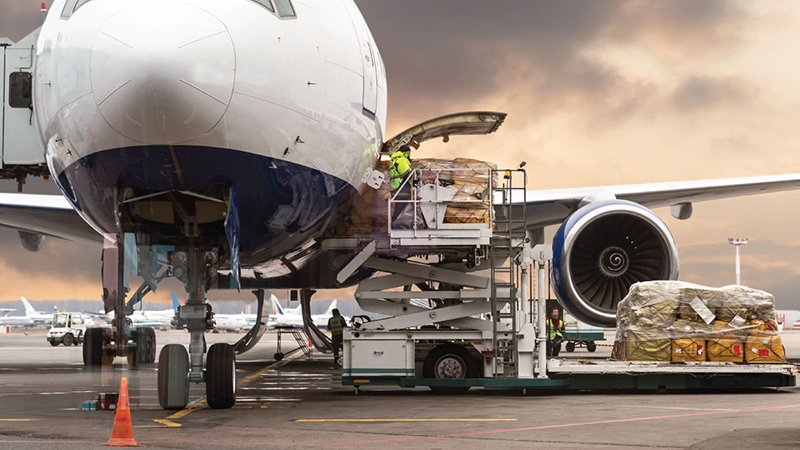
UNCTAD, IATA extend partnership to facilitate global trade
The two organizations will leverage their leadership in their respective fields to boost e-commerce in developing countries through improved exchanges of trade data.

Empowering family businesses to fast-track sustainable development
UNCTAD and the Family Business Network have joined forces to mobilize and support family firms to embrace sustainability in their business strategies.
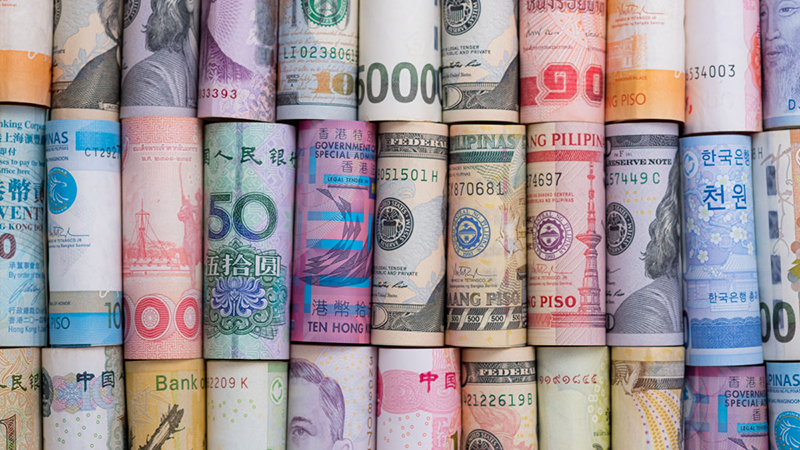
Tackling the data gap in the fight against illicit financial flows
UNCTAD is working with national statistical offices to better measure the scale of illegal movements of money across borders to inform firmer policy action.
58
years promoting development
195
member
States
461
staff
members
73
million regular
budget for 2021
46
million technical
cooperation expenditure
204
projects
in 70 countries
Distribution of project expenditure
by region, 2021*
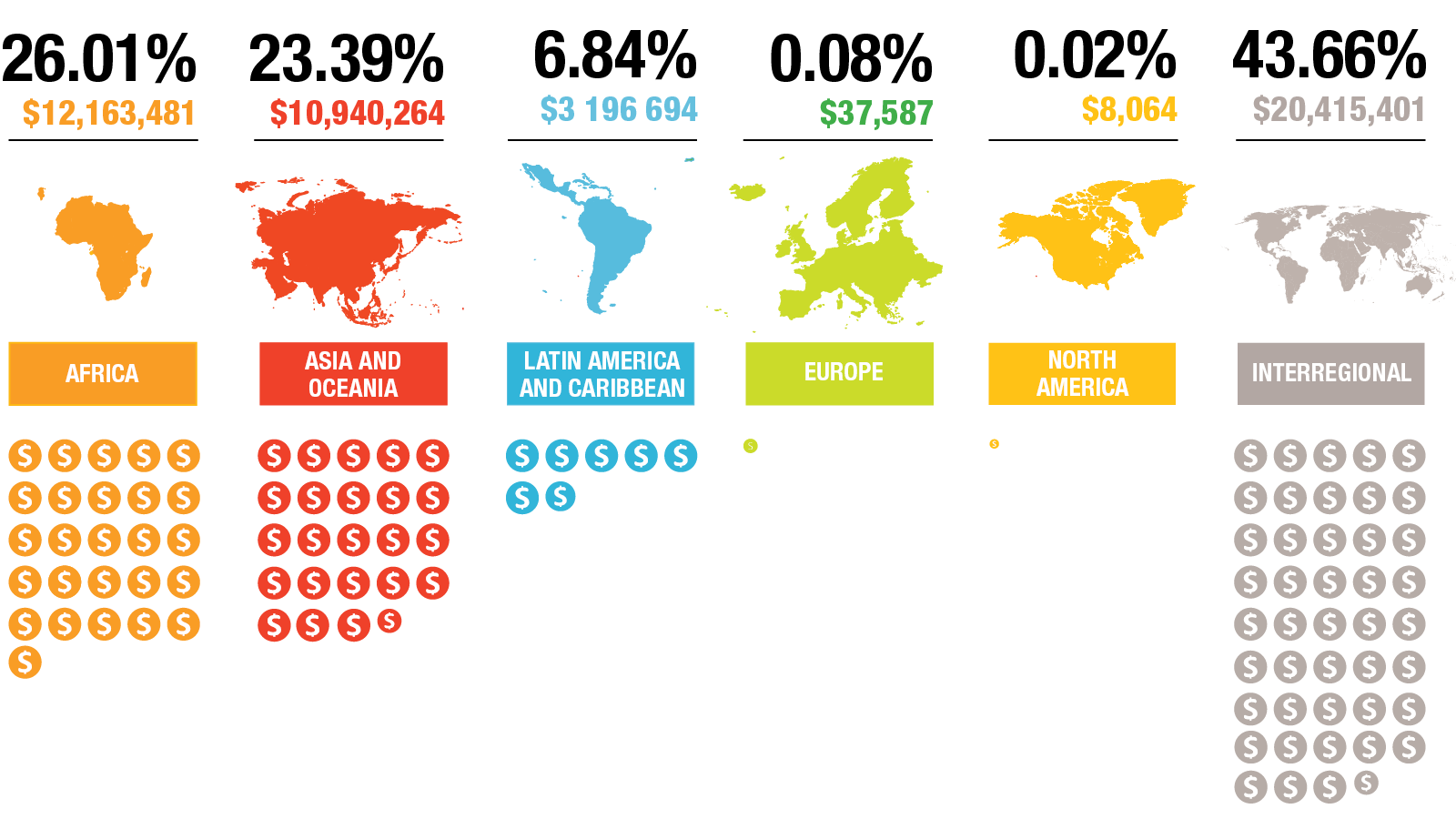
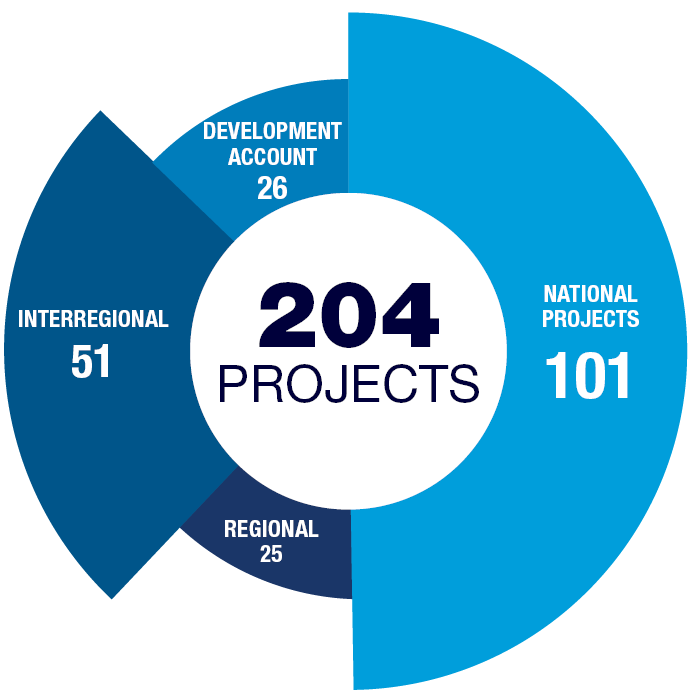
continued to be the largest technical assistance activity of UNCTAD, accounting for
39,21%
of total technical cooperation delivery in 2021
followed by
accounting for
12,59%
Management highlights for 2021
- Reimagining business as usual amid COVID-19
-
UNCTAD continued to embrace virtual meetings, working arrangements and digital platforms to deliver our work programme despite the restrictions and uncertainties imposed by the pandemic.
Organizing UNCTAD's 15th quadrennial conference (UNCTAD15) virtually between Barbados and Geneva required a completely new approach. A dedicated team within UNCTAD developed a completely new, virtual conference concept from the ground up and delivered a successful conference.
- Gender parity
-
As UNCTAD works towards full gender parity, the portion of female staff increased by 4% (from 35% to 39%) between December 2020 and December 2021. Even if much progress remains to be made, this is an encouraging development for UNCTAD.
In another milestone for gender parity in 2021, in September, the first female UNCTAD Secretary-General, Rebeca Grynspan, took the helm of the organization. For the first time, UNCTAD had two women in its senior-most leadership positions: Ms. Grynspan and Deputy Secretary-General Isabelle Durant.
- Transparency and oversight
-
UNCTAD places a premium on having a robust and independent oversight of our activities. We strictly adhere to all recommendations.
Entities assuring UNCTAD’s independent oversight include the Office of Internal Oversight Services (OIOS), which constitutes the internal oversight body of the UN, and the Board of Auditors (BoA), through which member states’ supreme audit institutions provide external audit to the UN on a rotating basis.
UNCTAD achieved 100% implementation of the recommendations made for it during the BoA audit conducted in 2019 and 2020. The latest OIOS audit at UNCTAD was concluded in 2021 and focused on the ASYCUDA programme. The rate of implementing the resulting recommendations stood at 66% in 2021 and is still underway.
- Management commitments
-
We hold ourselves to a high standard of ethics and integrity. This includes the proactive identification and mitigation of any potential conflicts of interest, zero tolerance of sexual harassment and abuse, and taking our environmental responsibility seriously.
- Financial disclosure programme
-
We continued implementing the UN Financial Disclosure Programme, designed to identify, resolve and mitigate conflict of interest risks arising from staff members' personal financial assets, liabilities, investments and outside activities.
All staff members at the director level and above, and those with specific financial and procurement responsibilities, are required to complete a confidential online annual disclosure of the assets, liabilities, outside activities, and affiliations for themselves, their spouses and dependent children.
- Zero tolerance of sexual harassment and abuse
-
We have made multiple commitments to keep our staff and conference participants safe, including by adhering to UN Secretary-General António Guterres’ initiatives to prevent and respond to sexual exploitation and abuse, and the UN’s Model Code of Conduct to prevent harassment at UN system events.
We require all our partners to affirm their zero tolerance for sexual harassment, exploitation and abuse, and firmly commit to the prevention thereof. Our due diligence process also requires that the prospective partner has not been found to have any convictions, charges, investigations or allegations relating to sexual abuse and/or harassment.
- Environmental responsibility
-
We are doing our part against climate change by integrating environmental sustainability into our facilities and operations.
Since 2007, the United Nations Environment Programme annually collects and analyses environmental impact information for each UN system entity and publishes this data, most recently in the Greening the Blue Report 2021.
UNCTAD is a non-resident agency that is co-located at the Palais des Nations and all our operations are managed by UNOG.
This includes UNOG’s emissions offsetting, waste and water management, energy efficiency, sustainable cafeterias, park management and others.
At the entity level, UNCTAD has found several ways to become more sustainable. With respect to printers, UNCTAD launched an access-as-a-service model in 2015. This process involved the elimination of conventional network printers in the organization, and their replacement with highly efficient network printers. As a result, printing-related emissions were significantly reduced through lower consumption of supplies, paper and energy.
UNCTAD also replaced most desktop computers throughout the organization with laptops. This has resulted in more power-efficient computing, better office space management and more flexibility for UNCTAD staff to telecommute and reduce transport-related emissions. Those measures also created an enabling environment in which most of UNCTAD’s files and workflows have been digitized, eliminating the need for most paper documents.
With respect to the minimum necessary travel UNCTAD undertakes, we purchase carbon offsets.
Our ministerial quadrennial conference is paper smart and makes predominant use of digital technologies. All our services, including research and policy advice to clients throughout the world, are also available online.
Communication and external relations: Growing from strength to strength
Superb results for the year!
UNCTAD's communications and external relations activities grew from strength to strength in 2021, generating impressive results.
Readership of news on our website increased by 172%, with more readers relying on us for the latest information, data and analysis on trade and development issues as the COVID-19 crisis evolved. The number of visitors to our website rose by 47.2%.
Our social media reach also expanded. On Twitter, our impressions - the number of times our messages were seen - grew by 17.2%, while our engagement rate rose by 12.5%. On LinkedIn, our followers increased by 28.5%.
We also enhanced our engagement with the media, resulting in a 10% increase in the number of journalists joining our online newsroom and a whopping 230% jump in the number of press clippings mentioning UNCTAD.








